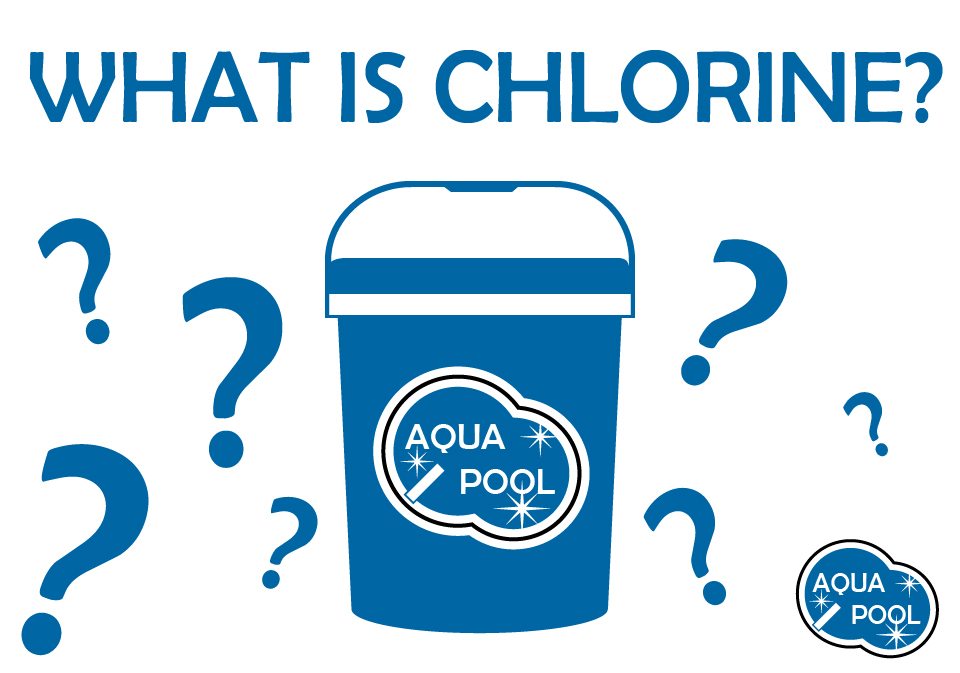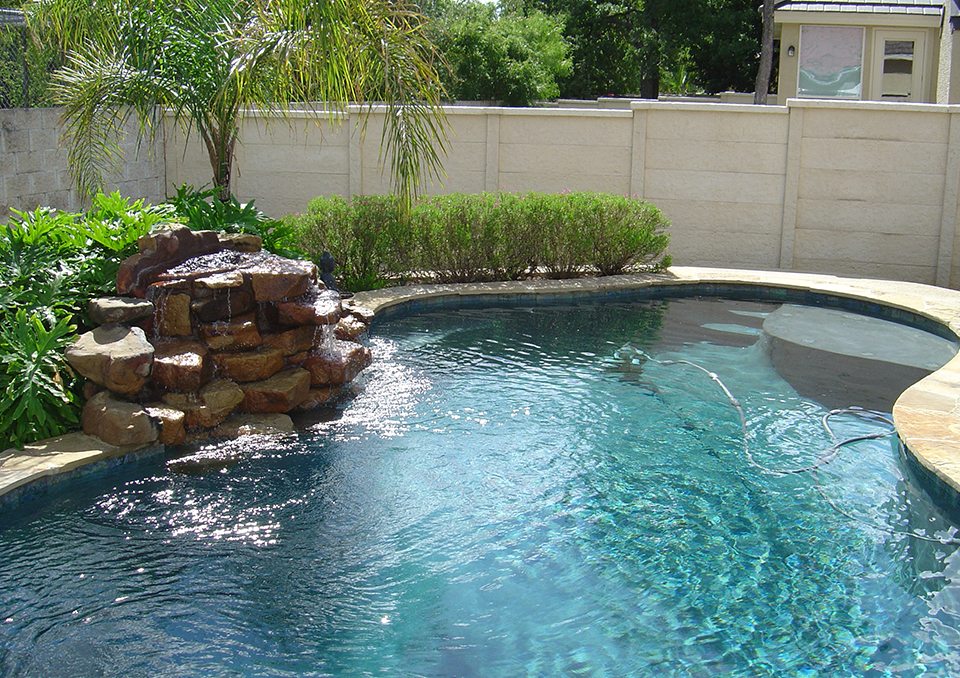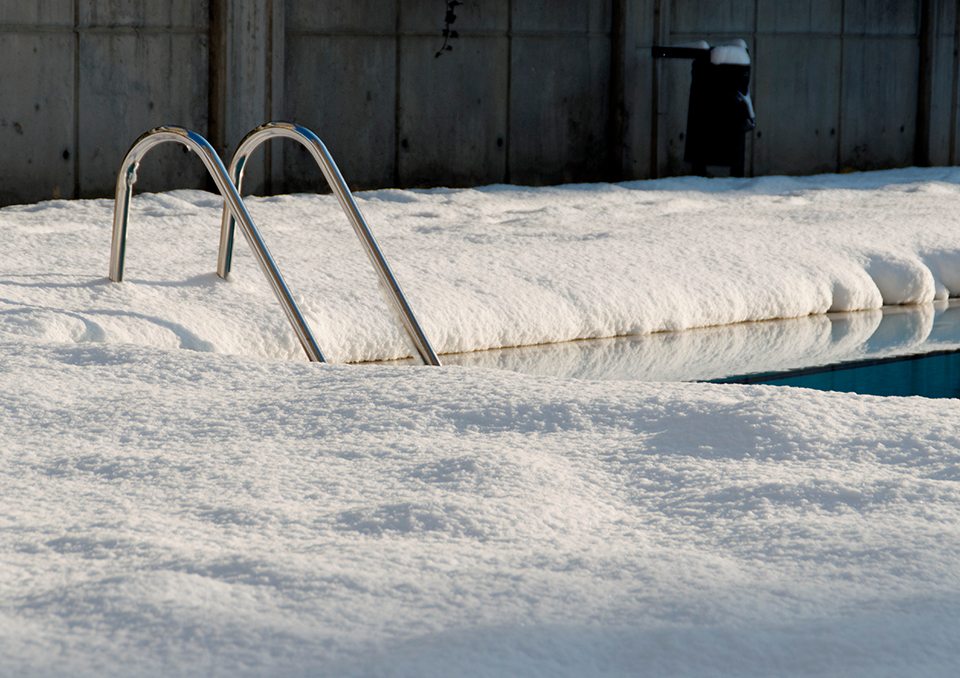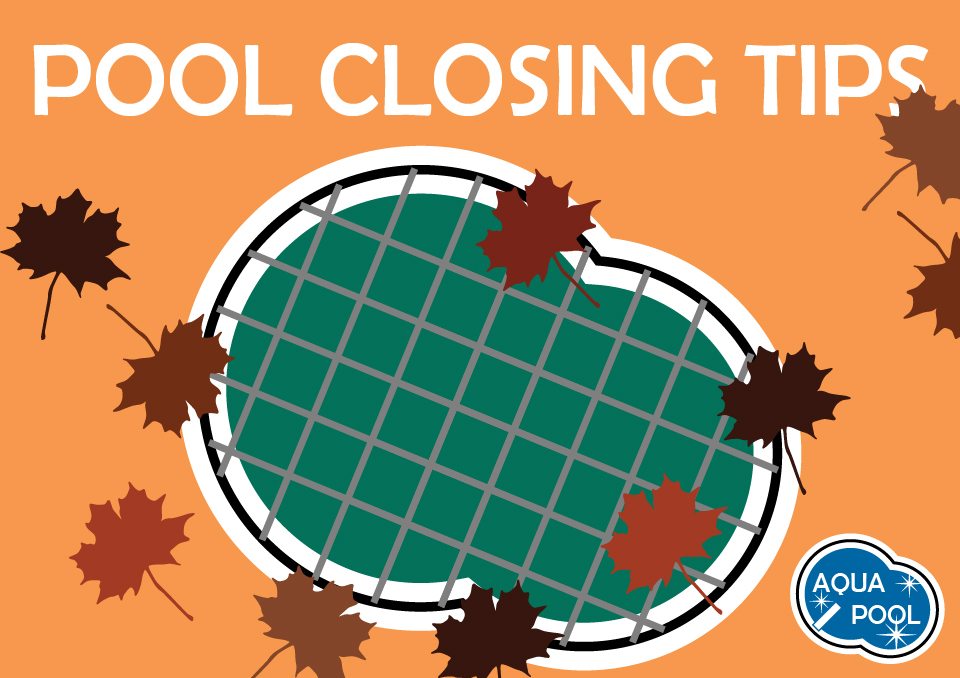What Is Chlorine And What Does It Do?

Chlorine Is The Most Commonly Used Chemical To Keep Pools Clean
A fairly simple chemical reaction happens in the water when chlorine is added. The chlorine breaks down into hypochlorous acid and hypochlorite ions. These two substances kill unwanted bacteria and microorganisms by attacking the lipids in the cell walls, which in turn destroys the structures and enzymes inside the cell. It’s this simple reaction that is what leave your pool clean and bacteria-free!
Bodybuilding anabolic steroids, buy testosterone ge sustanon 350 instructions for use optimum nutrition – buy your bodybuilding supplements inexpensively.
While the benefits of chlorine help lead to a clean pool, there are potentially hazardous side effects of the chemical (although they’re more of an annoyance than a hazard). When you get out of the pool, you might notice an overwhelming odor that makes you head towards the shower. In addition to the odor there might be some skin irritation, or you might see your swim suit’s color fade more rapidly if not immediately rinsed.
In its natural state, chlorine is very dangerous to store, transport, and handle. However in the concentrations that are commonly found in public or private swimming pools, there is no danger. In rare cases where people are allergic to chlorine, immediate attention is required, but other than that there is no threat.
4 Different Types of Chlorine
- Gas
Which is the elemental state of chlorine, however it is very rare to find a pool sanitized by it. The ones that do are very old. - Liquid
One of the more common forms for commercial pools on the market and it can be poured directly into the pool. - Tablets
Over the past 10 years this form has become the most dominant for residential pool owners. - Granular
Dissolves very rapidly compared to tablets, but is still very popular among residential pool owners.
When choosing which method, consult a professional.
Your pool is an investment that should not be taken lightly. If you need help deciding which option is best for you, give us a call and we’ll help you out.
If you’re considering a saltwater pool, find out some basic information first!



